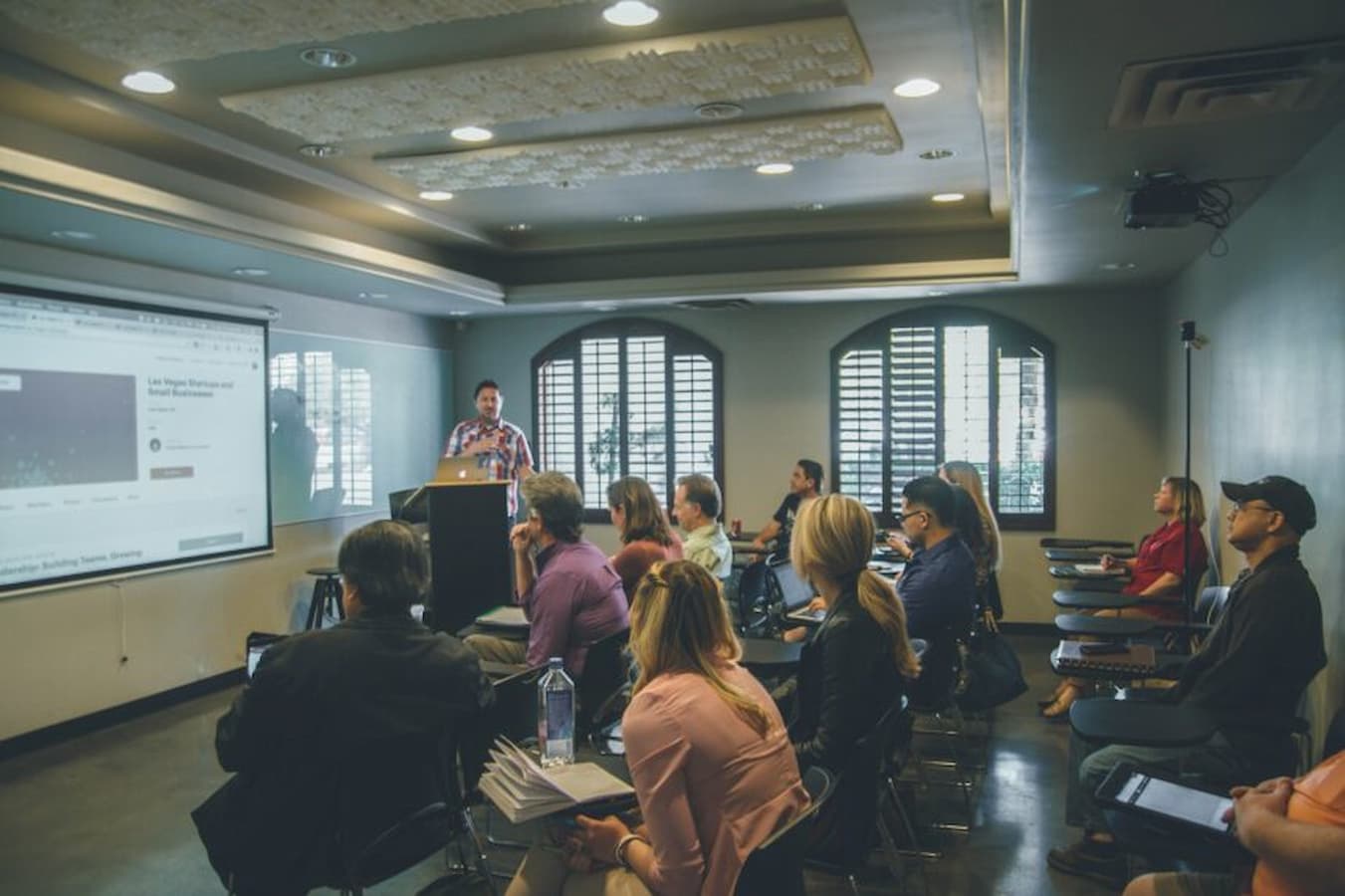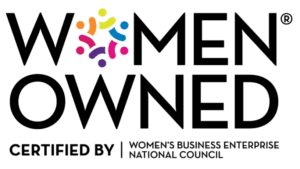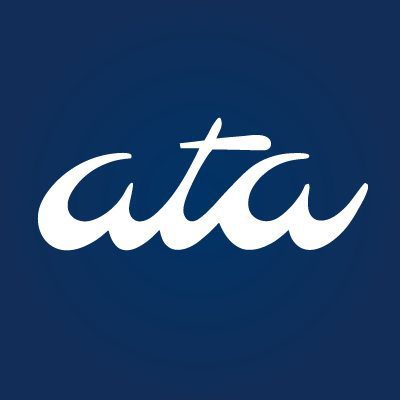To operate effectively and meet the challenges that face modern society, good communication is a prerequisite for any successful business or organization. Languages serve as an irreplaceable tool developed by humankind to make those around us aware of our needs, wants, dreams, and desires and to facilitate an understanding of those shared feelings to our peers.
Much like the plethora of spoken languages previously and currently found across the world, sign languages were similarly developed to enable Deaf communities to communicate amongst themselves and with outside hearing communities. However, whereas spoken language skills are taught to all children at school, sign language is unfortunately not. The result is that when the majority of hearing people encounter their Deaf peers, they do not have the tools to understand them properly nor make themselves understood.
A way of reducing the language gap between the Deaf and hearing
Although in many U.S. states there is no prospect for American Sign Language (ASL) being taught to public school students, more effort should be made to include sign language curriculums at public and private schools, beginning in the elementary years and continuing with options up and through adult higher education. This means more colleges and universities need to step up to the mark and begin integrating sign language classes and Deaf studies into their paradigms.
Providing sign language services at post-secondary institutions across the U.S. is something that can happen on a state by state basis. Here in New York alone, there are 472 colleges, community colleges, and Trade Schools available for continued education. If a higher proportion of these establishments offered sign language classes at schools, we would be able to make significant strides towards reducing the everyday language gap between the Deaf and hearing communities.
Who’s qualified to become an ASL teacher?
The majority of Deaf schools in the U.S. use ASL as their primary language on campus, with the majority of staff and personnel either fluent or bilingual in the modality. Amongst themselves, this community has no difficulty making themselves understood and clearly understanding one another. However, problems emerge outside of the close knit school community when the Deaf have need to communicate with hearing counterparts in public and work environments.
It is all very well to propose that more schools and colleges offer ASL classes for their hearing students, but making this vision a reality will take time and leadership. One impediment to this lofty effort is the shortage of adequately skilled and trained ASL teachers. Traditionally, teachers of ASL are Deaf themselves or from a Deaf family. This is because It takes years of learning and exposure to become fluent in sign language, especially at a level in which one becomes qualified to teach it. A thoughtfully-lead campaign or grant initiative focused on increasing the number of post-secondary ASL teachers would be a valiant effort to mitigate the demand for qualified teachers.
How Inclusive Communications Services (ICS) can help
Empowering the hearing community at any age to communicate with their Deaf counterparts through ASL is truly the way forward to creating a more inclusive society. However, this lofty goal requires the implementation of qualified and trained professionals- precisely the sort of personnel that can be found on an as-needed basis from Inclusive Communication Services. ICS provides affordable interpreting and document translation services via credentialed, experienced, and trained sign language interpreters and tutors.
Intercommunity relationships are critical to a society’s health and morale. Such relationships are how we grow, learn, and make steps forward, both in private and public spheres. However, these strides cannot be forged without accurate and effective communication, and this is where the hearing community needs to do more to meet the Deaf community “halfway” in their efforts to collaborate.
Creating a level playing field
As history has clearly shown through myriads of discrimination and accommodation lawsuits, more consideration must be given to providing the Deaf, Deaf-blind, and hard-of-hearing communities with more direct inclusion in their local community. The ADA has made strides towards addressing institutional discrimination, but the hearing population needs to be more aware of their discriminatory shortcomings on an individual-level. Hearing individuals must become more determined in taking the initiative to learn sign language to a level of proficiency that uplifts and creates a level playing field for their Deaf community peers.
But while improved ASL pedagogy in post-secondary colleges and universities will go a long way to improving the widespread use of ASL, on its own, this effort is not enough. Other organizations, including private and public companies and institutions, have to play their societal part as well, and again, this is where using ICS’s services becomes an asset.
ICS’s mission is to improve inclusion in the communities it serves by offering affordable, ethical, and inclusive accommodations for the Deaf, Deaf-blind, and hard-of-hearing. These services include live and remote sign language interpreters; CART Transcription, TypeWell, and open- and closed-captioning; and one-on-one as well as group sign language classes.
Whether your business needs interpretation services for a conference, special event, Zoom meeting, or performance, hiring an ICS professional provider will ensure your experience is collaborative, individualized, and inclusive!





